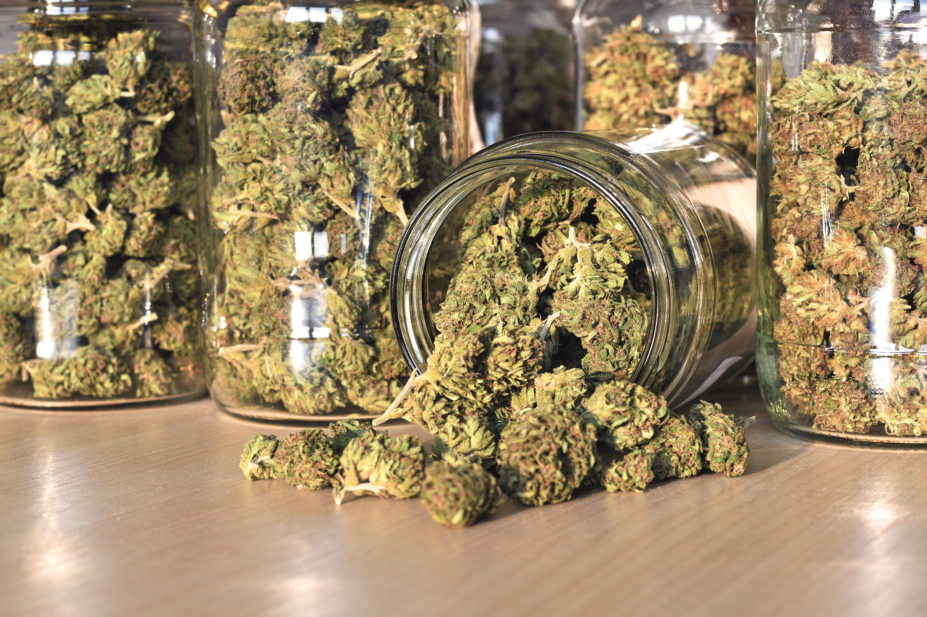
Shutterstock.com
The National Institute for Health and Care Excellence (NICE) must consider observational data from whole-plant products when it evaluates the clinical and cost-effectiveness of cannabis-based medical products (CBMPs) for chronic pain and epilepsy, the Centre for Medicinal Cannabis (CMC) has said.
In a report published on 19 November 2019 — ‘Revisiting the remit of the NICE review’ — the CMC, which campaigns for greater use of CBMPs, said that “the robustness and quality of evidence evaluation by NICE is not in doubt”.
However, it said the body’s evaluation process should be broadened to more accurately represent how CBMPs are currently used in practice.
NICE’s final guidance on the use of CBMPs, published in November 2019, did not recommend CBPMs for chronic pain, and said that that more research was needed into the clinical effectiveness and cost-effectiveness of CBMPs in severe epilepsy.
The CMC report notes that NICE “quite logically” used studies with the highest level of evidence from randomised controlled trials (RCTs), in line with its usual framework, and that the evaluation committee “excluded observational data once a threshold of five RCTs are reached per condition”.
However, the CMC said that RCT data is only currently available for licensed cannabis-derived products — such as Sativex (GW Pharma) — which are purified extracts. Despite this, many patients who use medical cannabis for chronic pain use unlicensed full-spectrum extracts and whole-plant products, which have not yet undergone RCTs — and so were excluded from NICE’s evaluation.
The report’s authors suggest that a parallel analysis of results from these whole-plant products would yield more accurate real-world data.
In terms of cost-effectiveness, the report says that whole-plant products are cheaper than purified extracts and argues that the lower cost of whole-plant products “represent a much more interesting cost-effectiveness proposition”.
The report’s authors say that medical cannabis represents an unusual case that warrants an expansion of NICE’s usual framework.
“In the medium-to-long-term, CBMPs should be evaluated in the same way as all other medicinal products — through well designed RCTs,” it concludes.
“The issue is how we evaluate CBMPs in the next five to ten years, while we await these data.”


